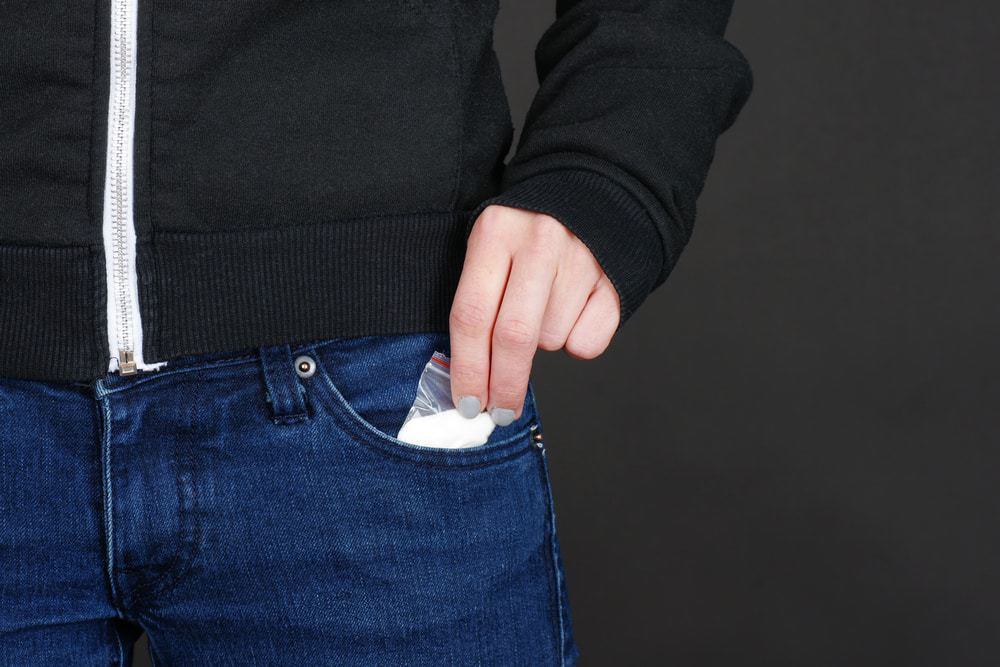
Cocaine
What is Cocaine?
Cocaine is an illicit stimulant drug that comes in powder form and is often snorted through the nose. After years of being marketed as an energy supplement, cocaine was eventually banned in the United States in 1922; however, cocaine use peaked decades later in the 1970s as the substance became known as a designated party drug. A highly addictive drug, the demand for cocaine has remained high. Currently, cocaine is the second-most trafficked drug in the world.
Effects of Cocaine
Cocaine is typically snorted, but can also be taken orally, injected, or smoked. Reactions to the drug occur almost immediately and typically last for 15-30 minutes. The use of cocaine results in a high in which the user experiences:
- Excessive sweating
- Rapid heartbeat
- Increased focus
- Decreased appetite
- Sense of invincibility/ grand sense of self
- Acts of violence
Dangers of Cocaine Abuse
Cocaine abuse damages various organs over time, but the heart remains the most vulnerable to damage. As a stimulant, cocaine increases an individual’s heart rate and blood pressure significantly, leading to an increase in oxygen demand which puts strain on the heart. In a study conducted by the American Heart Association, stimulant drug use (96% cocaine, 5% methamphetamine) was reported in 594 of 11,258 patients who were treated for heart failure across 83 hospitals. They state that patients who abuse stimulant drugs were more likely to experience three or more hospitalizations within a 6-month timeframe.
Cocaine Addiction Treatment
When an individual has developed an addiction to cocaine and then use is abruptly stopped, withdrawal symptoms occur. This happens because the body has built up a dependency on the drug being present. Withdrawal symptoms can be both physical and mental. While physical withdrawal symptoms may last days or a week at most, the mental withdrawal symptoms of detoxing from cocaine can last for a while. Because of the long-term effects of cocaine abuse and withdrawal, it’s important that individuals seek the help of a professional addiction treatment center.
Throughout treatment, individuals struggling with cocaine addiction can develop relapse prevention skills that combat mental withdrawal symptoms. By participating in therapy, clients discover the root source of their addiction and combat these real underlying causes, whether they be traumatic circumstances of the past, concurring mood disorders, or a lifestyle imbalance.
Ready for Help with a Cocaine or Crack Addiction?
If you or a loved one is living with a cocaine addiction, there is help available. You don’t have to wait to get your life back from drug addiction. If you would like to speak with an experienced staff member at our Rehab Carolinascall us today! We are eager to help you find the addiction care you deserve.

